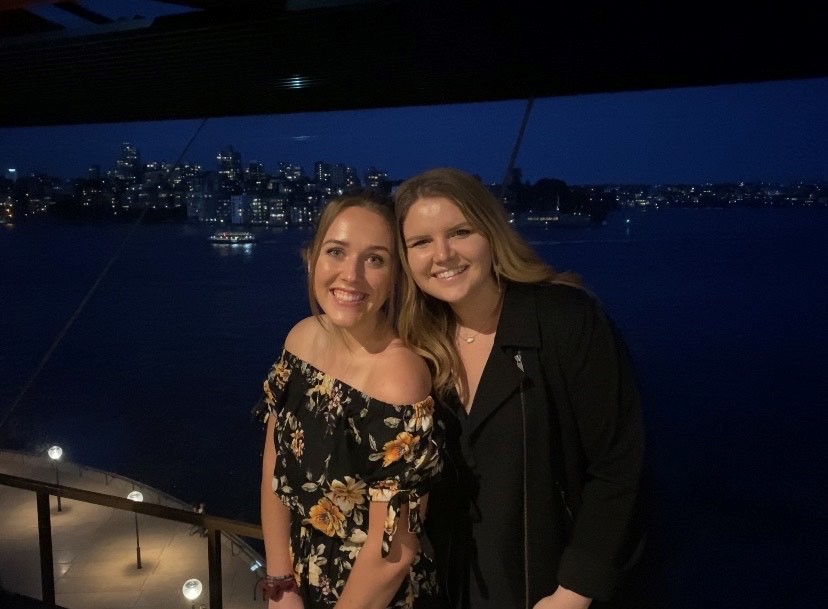The Modern Linguist
Vol. 26, Issue 3, March 2020
The Modern Linguist was birthed from the desire to unite those who study in the world languages discipline at Whitworth University. The newsletter features information, news and stories applicable to those involved in the program. Let it serve you well.
World Languages & Cultures Department
Westminster Hall
Whitworth University
Phone: 509.777.4765
E-mail: wlc@whitworth.edu
Department Chair and Editor-in-Chief: Jennifer Brown
Editor: Ann Penfield
For student employment information, please contact Ann Penfield, program assistant, at 509.777.4765.


